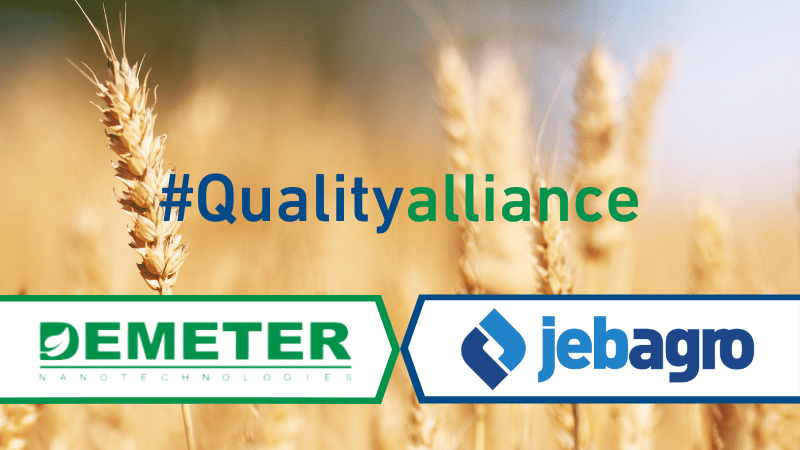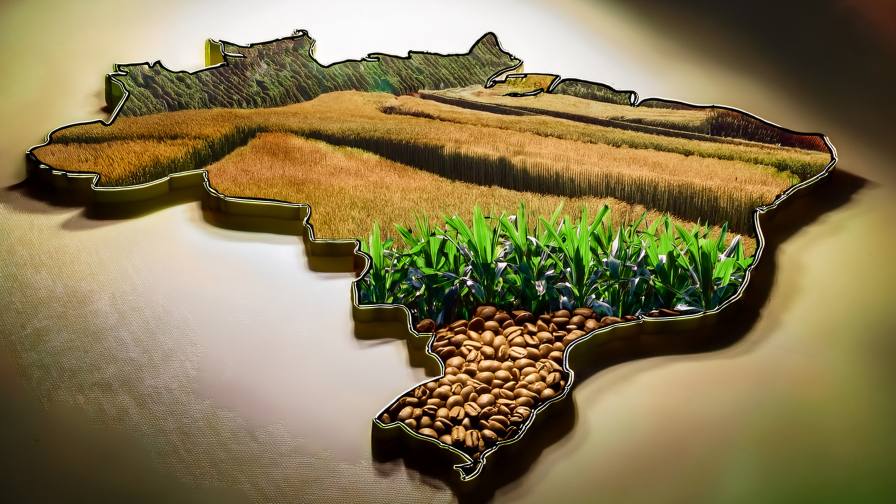Monsanto, DuPont Dispute Over Roundup Ready
According to a Monsanto SEC filing, Monsanto and DuPont subsidiary Pioneer Hi-Bred are in dispute resolution proceedings over DuPont’s intention to use Roundup Ready technology in soybeans.
DuPont’s 2008-15 license agreement to use Monsanto’s first-generation Roundup Ready technology requires it to pay US $725 million for use of Roundup Ready in corn. DuPont plans to stack Optimum GAT, its own glyphosate and acetolactate synthase-tolerant trait, with Roundup Ready trait in soybeans. Previously, DuPont had announced that it would discontinue the use of soybean varieties containing Roundup Ready. Monsanto says that for several years, Pioneer publicly touted plans to replace Roundup Ready trait with DuPont’s glyphosate tolerant Optimum GAT trait.
On May 4, Monsanto filed suit yesterday in federal court in St. Louis against E.I. du Pont de Nemours and Company and its wholly owned subsidiary, Pioneer Hi-Bred International, Inc., to prevent unlawful use of Monsanto’s proprietary Roundup Ready herbicide tolerant technologies in soybeans and corn. The lawsuit insists that DuPont honor their agreements and respect patented technologies.
“As the saying goes, imitation is the sincerest form of flattery,” says Hugh Grant, Monsanto chief executive officer. “However, unlawfully taking technology is neither imitation nor flattery; it is unethical and wrong. A true technology company respects patents and its contractual agreements and delivers new products through its own innovation and honest collaboration. DuPont has failed on all counts.”
In response, DuPont group vice president James C. Borel says: “Monsanto has a long history of using litigation and aggressive tactics to preserve their monopoly and attempt to intimidate customers, seed partners and competitors. DuPont Optimum GAT soybeans that include the RR1 trait are better products, and we believe our customers should have the right to plant them. On this issue, we will stand with American farmers and fight Monsanto’s efforts to deny them access to competitive products.” Borel adds that “Monsanto is trying to deny farmers access to alternative technologies at a time when farmers are struggling with weeds that are increasingly resistant to current Monsanto products,” stating: “The lawsuit incorrectly claims that Pioneer and DuPont may not combine (“stack”) the innovative Optimum GAT trait with any soybeans already containing a Roundup Ready trait. Monsanto’s so-called “stacking” restriction is one of many practices that Monsanto engages in to limit the availability of competitive products. In 2008, the US Department of Justice required that Monsanto abandon similar “stacking” restrictions it imposed on its licensees producing Roundup Ready cottonseed as a condition to its acquisition of cotton seed company Delta & Pine Land. It is DuPont’s belief,” Borel continues, “that competition in the seed industry, US growers, and ultimately, consumers, would be best served by a public policy that allows independent seed companies to assemble the best combinations of traits and
germplasm for each of their customers. To that end, seed companies should be able to offer combinations of traits and germplasm without restrictions imposedby trait providers that attempt to limit those combinations.”






